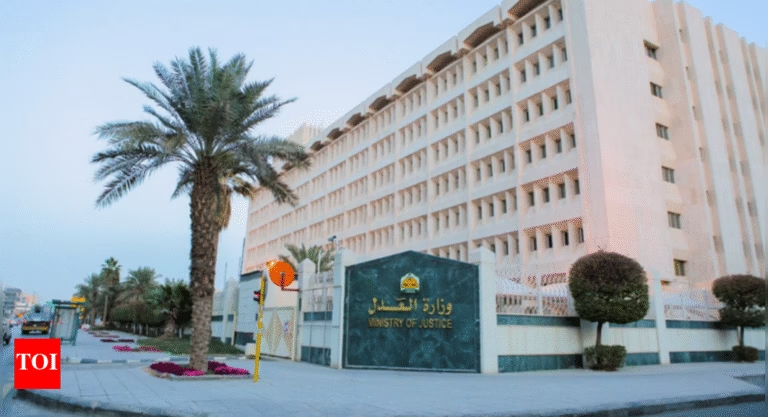The land pooling policy of Punjab is attracting farmers across the state to widespread and enthusiastic support, as the government rolls its progressive urban development vision. This initiative is being seen as a leading model that balances development, fairness and transparency – gives farmers a direct stake in the future of urban Punjab.The world -class urban areas are designed to create, the policy is seen as a bold step that promotes inclusive growth and ensures that landlords are active partners in shaping cities tomorrow. Farmers have given positive response to the scheme, described it as a “profitable deal” and is a historical opportunity to become part of urban expansion without complications of traditional land acquisition.Under this forward -looking scheme, farmers voluntarily provide their land to the government and in return, get residential and commercial plots in developed urban wealth. For each acre of contribution, the government provides a 1000-class-yard residential plots and a 200-class SCO (shop-cum-office) commercial plot. This allows farmers to sell their plots or develop them in residential or commercial projects – to open new streams of income and entrepreneurship capacity.Thousands of farmers of districts like Patiala, Mohali, Ludhiana, Amritsar, Mansa and Ferozepur have already joined the scheme. Their involvement of their participation increases the benefits of the benefits of the policy and its transparent implementation.Rajendra Kumar, a farmer from Patiala, shared that he voluntarily gave his land and described the policy as extremely beneficial. According to him, “This initiative will not only increase the value of agricultural land, but will also protect the financial future of farmers.”Another farmer who contributed nine acres of land said that they had received crores of plots in return – they said that a price was not possible in the private market, where middlemen and commissions generally eat farmers’ earnings.In the first week alone, farmers in Patiala offered 150 acres of land under the scheme, while more than 50 farmers have already signed up in Mohali. There are also encouraging reactions from districts including Amritsar, Moga, Sangrur, Jalandhar, Navanshar, Hoshiarpur, Taran Taran, Fazilka, Kapurthala, and Bathinda. For many people, it is more than a policy – it is a chance to be the same stakeholder in urban development.A farmer whose son is an NRI commented that this initiative brings hope for better-planned areas, resolves long-standing citizen issues and offers high quality of life. He believes that such a well -structured development will encourage NRIs to return and invest to its home state.The policy especially attractive that it does not include any compulsory land acquisition. Farmers are not forced to sell their land at low prices. Instead, they can continue farming or detect real estate opportunities, enjoy the freedom to choose their way.The farmers also noted that the policy has introduced a new level of fairness and transparency. First, private developers will buy land at low prices and get most profits. Now, the farmers retained the advantage of praise and urban development, which gives them a sense of ownership and dignity.By giving land owners a real part in development, the land pooling policy of the Punjab government is setting up a benchmark in a colleague and sustainable urban planning. As more farmers join hands with the government, the state is moving confidently towards the construction of smart, civil-friendly and inclusive cities.





